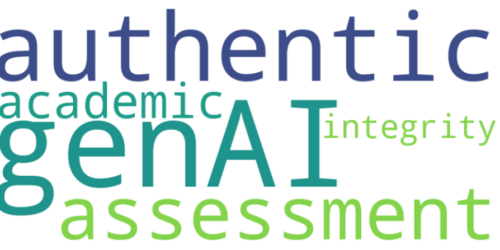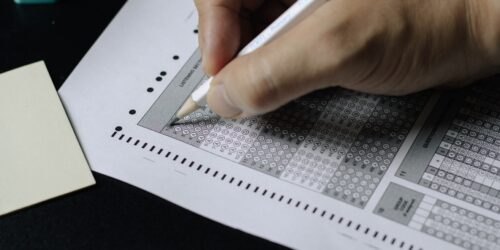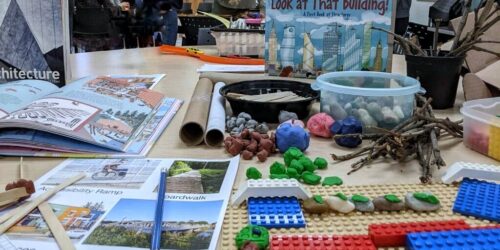Scaffolding: An Overview
Reading Time: 6 minutesBy Dr. Ada Sharpe, Dr. David Baidoo-Anu, and Dr. Monsurat Raji. Defining scaffolding In education, “scaffolding” refers to the use of assessments and instructional strategies to progressively build students’ capacity in completing a task. A scaffolded approach provides structure to increase the complexity of learning tasks over time while reducing the amount of support provided to the learner. Such an...











